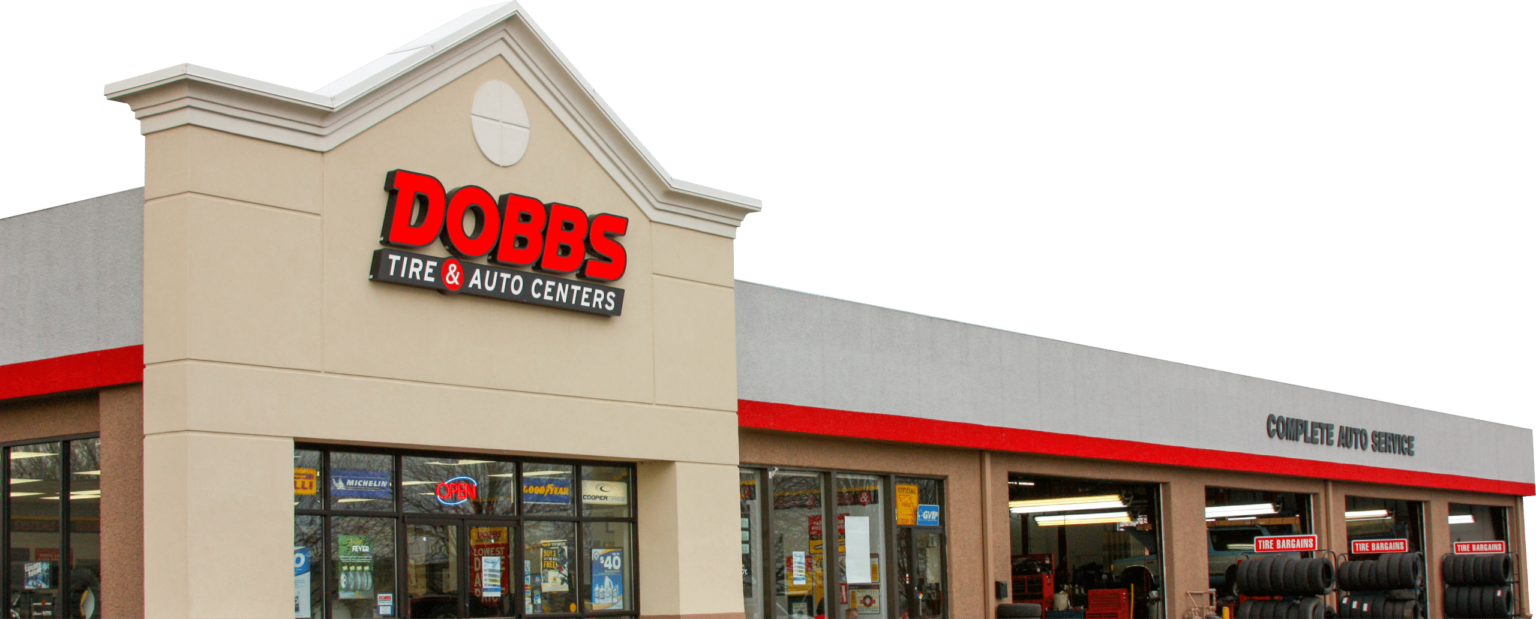Universal Joints
What are Universal Joints?
Universal joints, often called U-joint or “Spicer” joints after their inventor, are used to give flexibility to drive shafts. Essentially T-shaped joints connecting U-shaped yokes, universal joints allow a rotating shaft to bend. Today, universal joints are most-often found in drive-shafts and steering shafts, because they have a lower range of motion. Universal joints used to feature big in four-wheel drive and all-wheel drive front wheels, but today’s front-wheel drive and all-wheel drive vehicles use stronger CV-joints, which have a greater range of motion and don’t vary in speed.
Why are Universal Joints Important?
Without universal joints, it would be nearly impossible to build a modern vehicle. Because no road is perfectly smooth, the suspension system needs to be flexible and, because the drive axles need to be flexible, the drive shaft needs to be flexible. At both ends of the typical driveshaft, therefore, universal joints allow for slight movement in angle and height. Some drive shafts have more than two universal joints, some placed close together, a double-cardan joint for example, giving the drive shaft even more flexibility. In the steering shaft, smaller universal joints allow for movement between the body and frame and steering gear.
Universal joint failure, usually due to lack of lubrication and corrosion, can reduce the flexibility of the joint, leading to vibration or even joint failure. Of course, if the joint fails, then the drive shaft could fall off, and the vehicle would be stuck. Failure in the steering shaft could lead to difficulty steering, usually “hard spots” requiring higher-than-normal steering effort, or loss of steering, if the joint breaks.
Universal joints in axles and some drive shafts can be replaced, requiring special press tools and an experienced hand. Regular maintenance on some universal joints will keep them turning for a long time. Universal joints on steering shafts usually are not replaceable, but require replacement of the entire steering shaft.
What can Dobbs Tire & Auto Centers Do for You?
Many vehicles on the road today have driveshafts and steering shafts with universal joints, and many more have front axles with universal joints. If you’re experiencing problems, such as unusual noises at low speed or vibrations at high speed, or a clunk when changing from forward to reverse or vice-versa, this could indicate a universal-joint problem. In older four-wheel drive vehicles, noises or lurching in turns could indicate universal-joint problems in the axles.
Dobbs Tire & Auto Centers’ AE certified technicians have the training and experience to identify universal joint problems, as well as the tools needed to repair them right, the first time. If you are experiencing any of these problems, come in to one of our 43 locations to have it checked out.
“You Can Depend on Dobbs” – Dobbs Tire & Auto Centers, Home of the Fixed Forever Service Warranty. Locally and Family Owned Since 1976
